White Paper - Ensuring Data Security in AI-Managed Services: AWS, Google Cloud, and Microsoft Azure
Introduction
In an era where Artificial Intelligence (AI) is the cornerstone of innovation, organizations demand AI-managed services that are not only powerful but also secure. Cloud platforms like Amazon Web Services (AWS), Google Cloud, and Microsoft Azure have risen to the occasion, offering advanced AI tools while prioritizing the privacy and integrity of enterprise data.
This white paper explores how these leading platforms leverage state-of-the-art security measures to safeguard enterprise data, prevent its use in training Large Language Models (LLMs), and instill confidence in their AI services.
Amazon Web Services (AWS): A Foundation of Security and Control
AWS’s AI-managed services, including Amazon Bedrock, prioritize robust data governance and operational transparency. Key highlights include:
1. Data Security and Isolation
AWS Bedrock ensures that customer data is encrypted in transit and at rest. Data submitted for AI model processing is not stored permanently or used to train LLMs.
2. Guardrails for Compliance
AWS provides compliance-focused frameworks, enabling customers to meet stringent industry standards such as GDPR, HIPAA, and ISO 27001. This commitment to compliance ensures enterprise-grade security.
3. Customer-Controlled Data Access
AWS emphasizes the principle of ownership, granting customers full control over their data. Their published guardrails reinforce this, stating explicitly that data processed by Amazon Bedrock remains under the customer’s ownership and control.
Learn more: AWS Bedrock Security & Compliance | AWS Bedrock Guardrails
Google Cloud: Pioneering Responsible AI with Vertex AI
Google Cloud’s Vertex AI exemplifies responsible AI through advanced security protocols and ethical AI practices. Key measures include:
1. Data Governance and Transparency
Vertex AI does not use customer data for training LLMs, ensuring that sensitive enterprise data remains private. Google Cloud provides detailed documentation and governance tools to enable secure data handling.
2. Comprehensive Security Controls
Vertex AI incorporates features like encryption, role-based access control (RBAC), and audit logs. These tools empower enterprises to monitor data usage and enforce strict access policies.
3. AI Privacy Commitment
Google Cloud’s Responsible AI program emphasizes ethical AI development, ensuring that models are designed with fairness, transparency, and safety in mind.
Explore more: Vertex AI Security Controls | Google AI Privacy Commitment
Microsoft Azure: Security-Centric AI Solutions
Microsoft Azure combines innovation with security-first principles to build trust in its AI-managed services. Highlights include:
1. Zero Trust Architecture
Azure employs a Zero Trust framework, assuming breach and continuously validating access permissions. This strategy minimizes the risk of data leakage.
2. Dedicated Security Measures for AI
Azure’s AI services are backed by tools that prevent sensitive data oversharing, unauthorized access, and adversarial attacks.
3. Regulatory Compliance
Azure ensures compliance with global standards, including GDPR and the AI Act, providing organizations with peace of mind regarding data protection and legal adherence.
4. Transparency in AI Model Operations
Like its peers, Azure commits to not using customer data to train its models, reinforcing its reputation for enterprise-grade privacy.
Additional insights: Microsoft Security for AI
Why Enterprise Data Safety Matters
The accelerated adoption of AI introduces new attack surfaces and security concerns, such as data leaks, prompt injections, and training data vulnerabilities. The three cloud giants have addressed these concerns by implementing a shared commitment:
Data Isolation: Ensuring that enterprise data remains isolated and is not reused for AI training.
Transparency: Providing clear documentation about how data is handled.
Compliance: Meeting global security and privacy standards to safeguard sensitive information.
AWS, Google Cloud, and Microsoft Azure exemplify the balance between innovation and security. By refusing to use enterprise data for LLM training and embedding advanced security protocols, these platforms empower businesses to adopt AI without compromising data integrity.
Organizations can confidently harness the transformative power of AI, knowing their data is protected by industry-leading practices. For enterprises navigating the evolving landscape of AI, these cloud providers represent not just tools for innovation but trusted partners in security.
Reference:
BarreaBarreat, E. A. (2025, January 27). Ensuring Data Security in AI-Managed Services: AWS, Google Cloud, and Microsoft Azure. Medium. https://medium.com/eb-devtech/ensuring-data-security-in-ai-managed-services-aws-google-cloud-and-microsoft-azure-da4852f2838c


